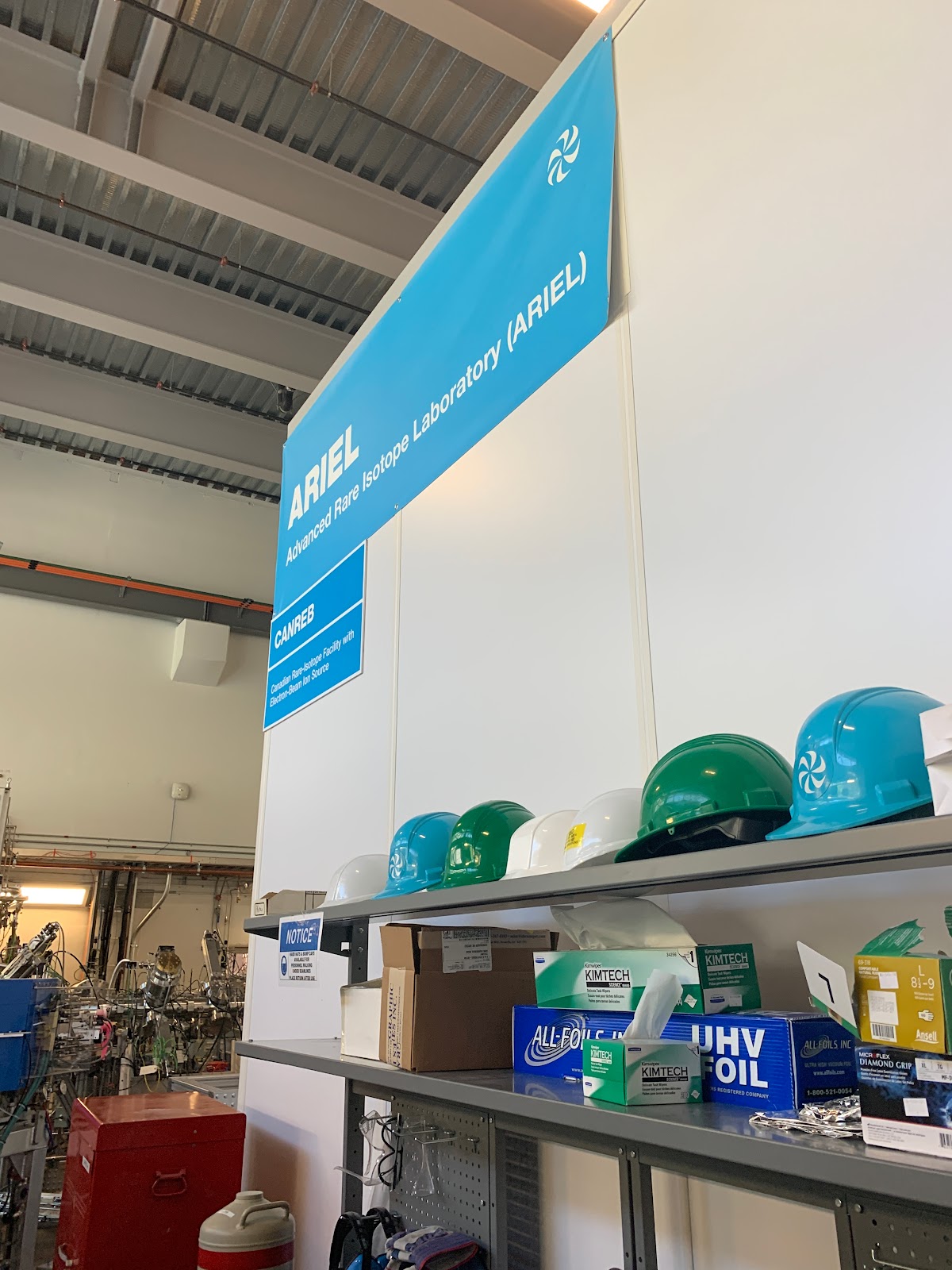COVID
It's hard to believe that it's been over a year since I was at CERN for HST2019! So much has happened since then, the biggest being COVID and the tremendous impact it's had on our world. Throughout this time there have been so many challenges. When we had an idea that schools would inevitably shut down, it became a questions of how do I take a program that I've worked so hard to make hands-on and turn it into something online, keep students engaged, and how do I create a grading system that is fair to all students in this new environment. When grades were frozen on March 20 it was a question of how to motivate students that already have their credit to keep going.
I feel that in terms of moving the program online and finding a grading system that was fair, I was somewhat successful. I created "Quarantine Physics: The Game Plan!" and my students responded well to it.
With this I created a points-based system for each chapter and tried to give students as much choice and opportunity as possible. The feedback from students was very positive and they made a point of telling me that they appreciated what I had tried to do and that an opportunity to work on their Physics was what they looked forward to the most during this time. This experiment also reminded me of a few very important things that became somewhat forgotten as the years have gone by:
- a student with a grade in the 60-70% range doesn't necessarily know or understand less than a student in the 80-90% range in a system dominated by assignments and tests - often times the only difference between the two is who can memorize facts better
- give students choice and let them show you who they are and you will create better connections
- be humble, honest, and not afraid to show humility and your students will often respect you even more for it



Comments
Post a Comment